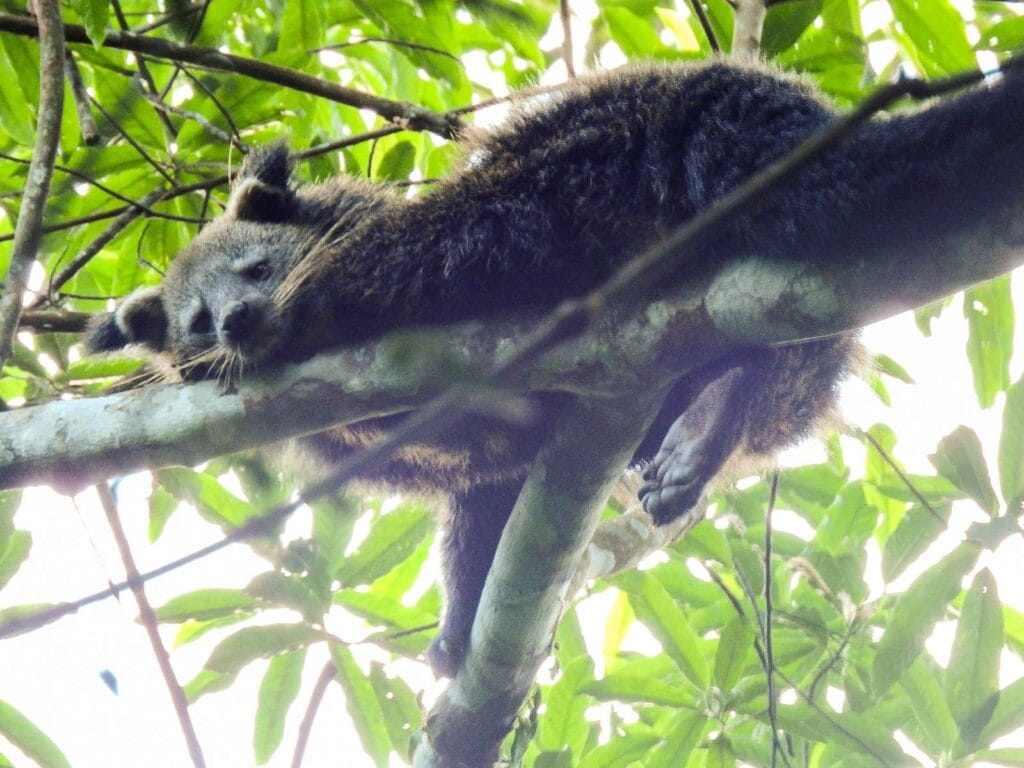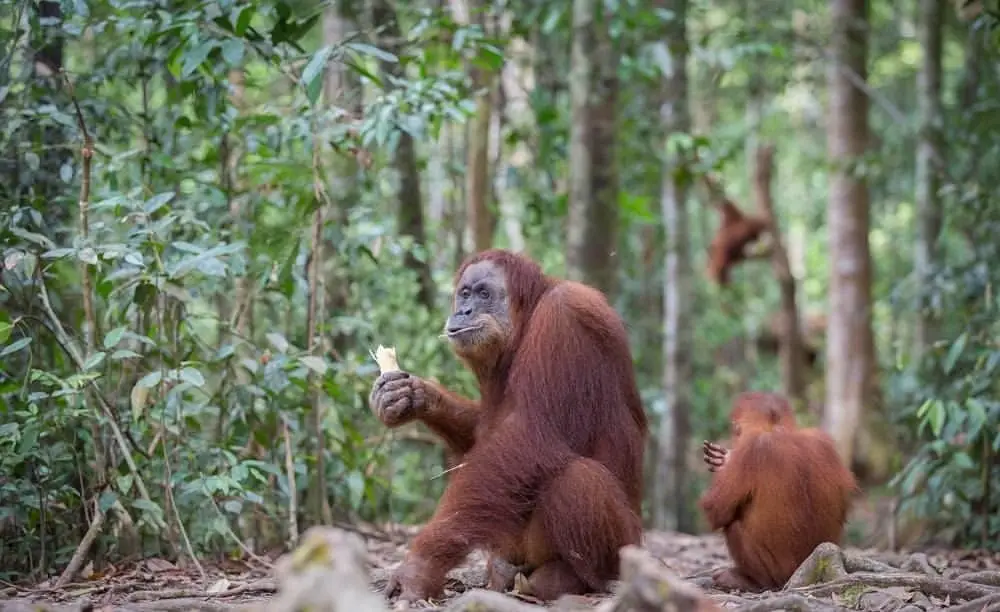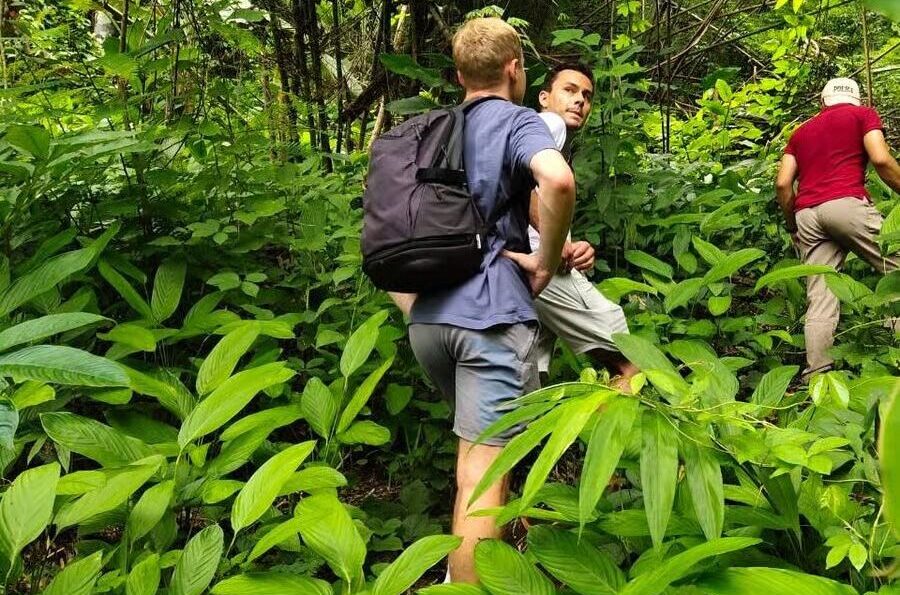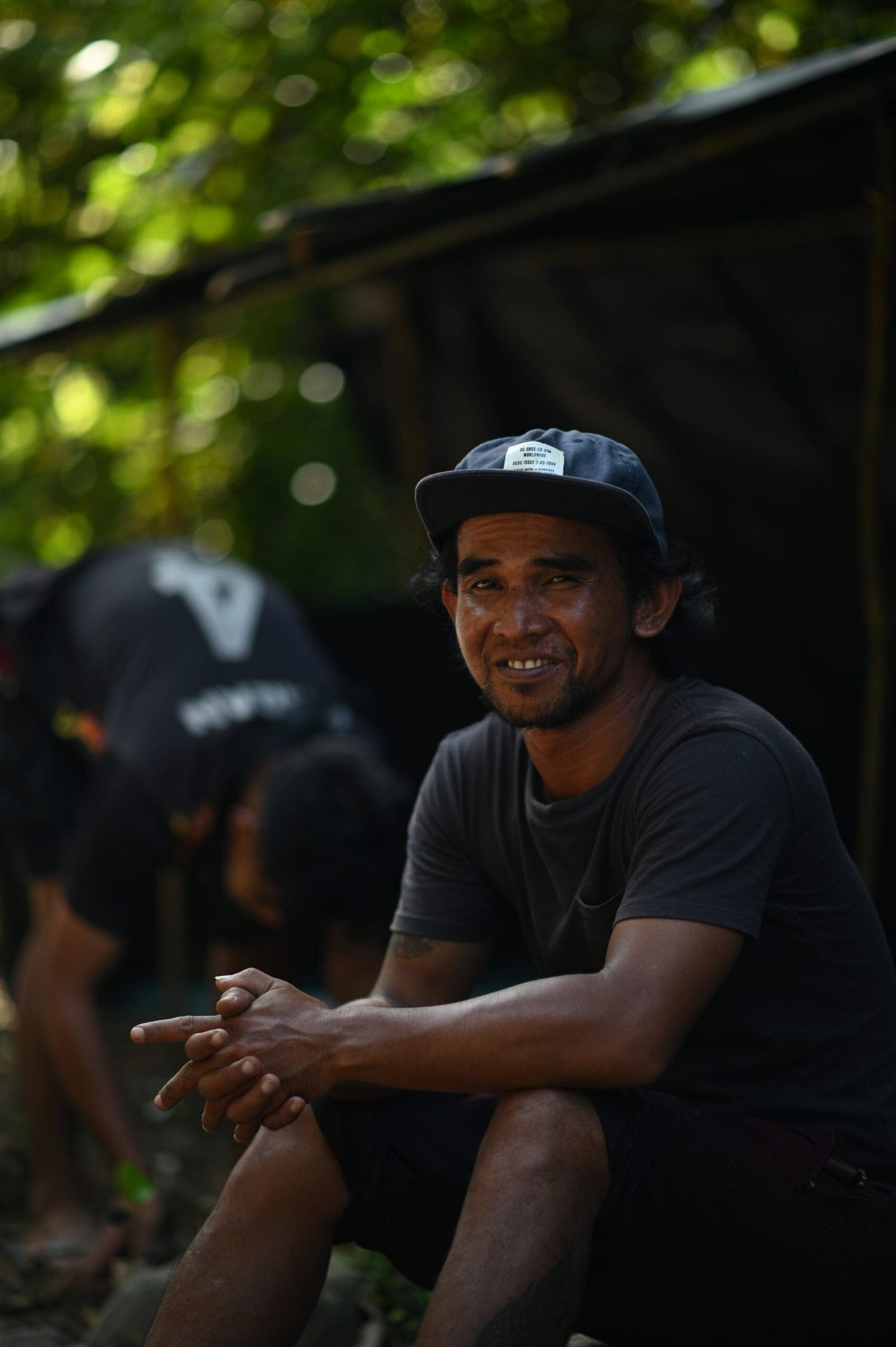The Ethical Role of Jungle Trekking in Bukit Lawang
Understanding Jungle Trekking in Bukit Lawang
Jungle trekking in Bukit Lawang is a captivating experience that immerses tourists in the heart of Sumatra’s lush rainforest, recognized for its rich biodiversity and stunning landscapes. This region serves as an integral part of the Gunung Leuser National Park, which is home to a myriad of unique flora and fauna. Trekkers in Bukit Lawang may encounter diverse species such as the critically endangered Sumatran orangutan, elephants, and exotic birds, making the experience not only unforgettable but also educational. The area’s vibrant ecosystem plays a vital role in attracting eco-tourists from around the globe, providing an opportunity to observe nature in its most pristine form.
Geographically, Bukit Lawang is situated at the edge of the Leuser Ecosystem, characterized by its dense jungles and intersecting rivers. This rich ecological tapestry is a significant draw for adventurers looking to connect with nature while enjoying outdoor activities. Additionally, the picturesque setting functions as an impetus for local communities to engage in responsible tourism practices, ensuring that environmental conservation and cultural preservation go hand in hand with trekking activities.
Historically, jungle trekking in Bukit Lawang has evolved substantially over the years. Initially, it began as a means for researchers and conservationists to study the area’s wildlife and biodiversity. As interest grew, guided treks became accessible to tourists, leading to the burgeoning eco-tourism industry in this region. Not only do these treks provide visitors with unforgettable experiences, but they also contribute significantly to the local economy, offering employment opportunities for guides, porters, and local businesses. Overall, jungle trekking in Bukit Lawang stands as a testament to the harmonious relationship between tourism and conservation, promoting the sustainable use of natural resources while fostering an appreciation for the environment among visitors.
The Importance of Ethical Tourism Practices
Ethical tourism practices encompass a range of principles aimed at promoting responsible travel that benefits local communities and minimizes harm to the environment. In the context of jungle trekking in regions such as Bukit Lawang, these practices are crucial for preserving the rich biodiversity and cultural heritage that attract tourists in the first place. Ethical tourism focuses on ensuring that travelers respect local customs, contribute to the local economy, and interact with wildlife without causing disturbance or harm. This approach becomes essential in avoiding the adverse effects that unregulated trekking can have on both the ecosystem and local cultures.
Unregulated trekking often leads to significant negative impacts, including wildlife disturbance and environmental degradation. When trekkers venture into natural habitats without guidelines, they can inadvertently disrupt the delicate balance of local ecosystems. For instance, getting too close to wildlife can lead to stress and alterations in animal behavior, which can have lasting effects on their survival. Additionally, unmonitored foot traffic can cause soil erosion, trampling of vegetation, and contamination of natural resources. Thus, it becomes imperative for trekkers to prioritize ethical practices to ensure they leave minimal footprints on the environment.
To further enhance ethical tourism while trekking, travelers should aim to engage with and learn from local communities. This can be done by choosing local guides who adhere to sustainable practices, respecting cultural norms, and supporting local businesses. Furthermore, trekkers can minimize their impact by following established trails, avoiding loud noises, and maintaining a safe distance from wildlife. By consciously adopting responsible traveler behavior, individuals can greatly contribute to the preservation of the stunning landscapes and vibrant cultures that define Bukit Lawang, fostering an experience that is beneficial for both the trekkers and the communities they visit.
Conservation Efforts and Community Involvement
In Bukit Lawang, a plethora of conservation initiatives play a pivotal role in safeguarding the rich biodiversity of the area. These efforts are firmly rooted in collaboration between trekking companies, non-profit organizations, and local communities. The primary focus of these partnerships is to ensure the protection of the iconic orangutan population while simultaneously preserving their natural habitats. The combination of ethical jungle trekking and active community involvement has proven to be a sustainable model for conservation.
One noteworthy initiative involves local trekking guides who have undergone training in environmental education, enabling them to share valuable insights with trekkers about the ecologically sensitive areas they traverse. This not only raises awareness among visitors but also fosters a sense of responsibility towards wildlife conservation. Furthermore, trekking companies are increasingly supporting reforestation projects that aim to restore degraded areas and enhance the habitat for various species. Through the financial contributions generated by ethical trekking practices, these conservation efforts receive much-needed funding.
Moreover, several successful stories stem from partnerships with non-profits, which focus on wildlife protection and habitat preservation. For instance, community-led initiatives have emerged to monitor orangutan populations, ensuring they are safe from poaching and habitat loss. Local residents are becoming active participants in conservation, as they recognize the long-term benefits of protecting their natural resources. These initiatives not only contribute to environmental sustainability but also empower the local population by providing them with opportunities for employment and education.
The dual emphasis on ethical jungle trekking and community involvement presents a viable pathway to safeguard Bukit Lawang’s delicate ecosystems. With responsible tourism practices in place, both the environment and local communities stand to gain significantly, fostering a harmonious balance between human activity and nature preservation.
How to Engage in Ethical Jungle Trekking in Bukit Lawang
Engaging in ethical jungle trekking in Bukit Lawang is an endeavor that not only enhances the experience of adventure seekers but also contributes positively to the environment and local communities. To begin, it is crucial to select certified trekking companies that adhere to ethical guidelines. These companies prioritize sustainable practices, conservation efforts, and worker rights, ensuring that your trek supports responsible tourism. Do thorough research on the companies available, and look for reviews or certifications indicating their commitment to ethical standards.
Moreover, participating in guided tours led by knowledgeable local guides can significantly enrich the trekking experience. Local guides possess invaluable insights into the ecosystem, wildlife, and cultural heritage of the area. Their deep understanding of the jungle can enhance safety while ensuring that you appreciate the natural beauty and significance of Bukit Lawang. By hiring locals, trekkers also contribute directly to the economy, fostering sustainable livelihoods within the community.
In addition to choosing the right trekking company and guides, trekkers should adopt sustainable practices throughout their journey. One fundamental principle is the “Leave No Trace” ethos. This involves minimizing environmental impact by taking all litter with you, respecting wildlife and their habitats, and avoiding harm to plants. Trekkers can also support local artisans by purchasing handcrafted souvenirs instead of mass-produced items, thus creating a direct economic benefit for the community. Threading these sustainable practices into your trekking adventure helps ensure that the natural beauty and cultural richness of Bukit Lawang are preserved for future generations.
By making informed and conscientious decisions, travelers can enjoy their jungle experience while promoting ethical tourism. In conclusion, ethical jungle trekking in Bukit Lawang is about more than just adventure; it is an opportunity to protect and value the environment and cultures that tourists encounter.









